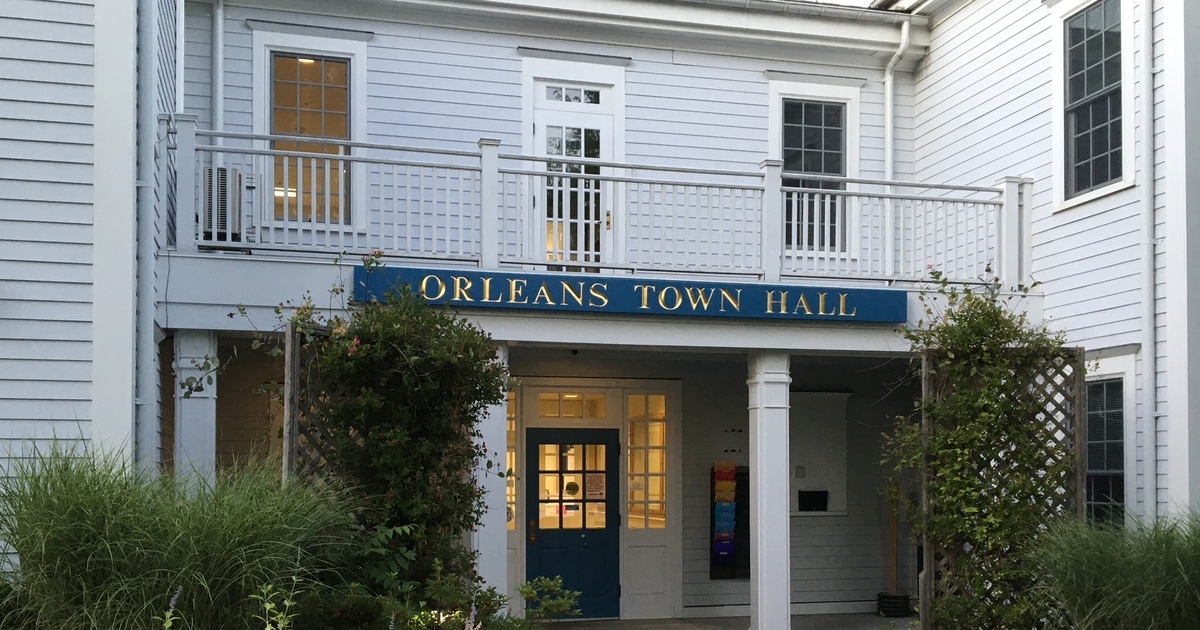O
rleans select board members backed a home‑rule proposal last week that would let the Cape’s 15 towns impose a regional transfer fee on luxury real estate. The Barnstable County Assembly’s economic affairs subcommittee has been drafting the petition for months. Chair Kevin Galligan said that before the Oct. 8 meeting, Jon Fuller—Orleans’ delegate to the Assembly—requested the board’s feedback.
The fee would target sales of homes priced at $1 million or more. Participating towns could set their own rates between 0.5 % and 4 %. According to an Oct. 9 press release, 90 % of the proceeds would go to local housing trusts, while the remaining 10 % would fund regional housing projects and administrative costs; no money would be earmarked for general county operations. Exemptions could be granted for first‑time buyers and year‑round residents.
Chatham, among other communities, is pursuing its own surcharge. It has filed a state‑legislature petition for a 0.5 % fee on properties worth $2 million or more, but the bill remains pending. Assembly members argue the proposal will give Cape towns a stronger, collaborative mechanism to build housing.
Delegate Susan Werner of Yarmouth said the county must deliver a new housing‑funding stream and that continued discussion without action is “ludicrous.” She added that, while the method may not be perfect, it is the only viable option at present.
Town assessor Brad Hinote estimated that the fee would affect roughly 70 % of Orleans’ single‑family homes. Orleans has not yet adopted a fee but has publicly supported local control over any such levy, Galligan noted.
Local control emerged as a central theme. Michael Herman said towns need the flexibility to set rates that reflect their housing markets and pledged support for individual town authority. Mark Mathison demanded guarantees that towns—not the county—would manage the revenue. He warned that county oversight could leave towns “begging” for their share. Mathison also noted that real‑estate lobby pressure against special petitions is easing, and he urged backing the proposal.
Galligan criticized the petition’s lack of detail and questioned the Assembly’s approach, suggesting that delegates should personally brief their towns. Andrea Reed requested that the Assembly consult the Cape Cod Commission for economic‑impact data to strengthen the draft.
The board did not vote on the petition on Oct. 8; instead, Galligan said he would convey the board’s position to Fuller. The full Assembly was scheduled to review the draft again on Oct. 15.
Board members also highlighted the need for transparency in how the Assembly moves the petition forward. They urged that delegates personally brief their towns rather than rely solely on written notices, and they requested that the Assembly seek input from the Cape Cod Commission to assess the economic impact of the fee. The board expressed concern that if the county were to control the revenue, towns might be forced to lobby for their share, a scenario they deemed unacceptable. By ensuring towns retain full authority over the proceeds, the board believes the fee can be tailored to each community’s housing needs without compromising local autonomy.















